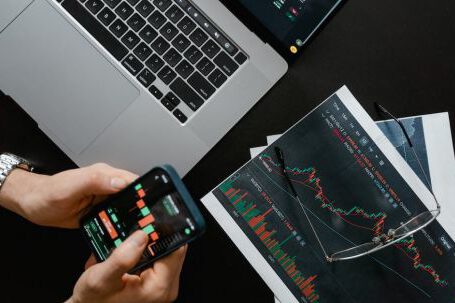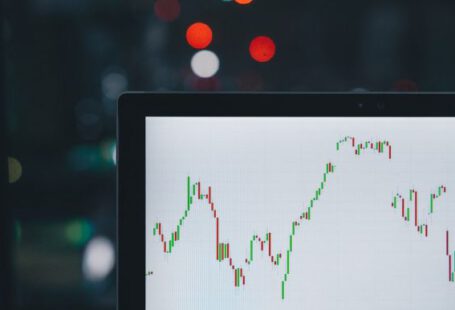Day trading is a fast-paced and high-stakes endeavor that requires traders to make quick decisions and execute trades in a short period of time. To succeed in this challenging field, day traders rely on a variety of tools and technologies that help them analyze market trends, identify trading opportunities, and manage their trades effectively. In this article, we will explore some of the essential trading tools that day traders use to stay ahead of the game.
Real-Time Market Data Providers
One of the most critical tools for day traders is access to real-time market data. To make informed trading decisions, day traders need up-to-date information on stock prices, volume, and other key indicators. Real-time market data providers offer streaming quotes and charts that allow day traders to monitor market movements in real-time. With this information at their fingertips, day traders can quickly identify potential trading opportunities and act on them without delay.
Technical Analysis Software
Technical analysis plays a crucial role in day trading, as it helps traders identify patterns and trends in price movements. To conduct technical analysis effectively, day traders rely on specialized software that provides them with a wide range of technical indicators, charting tools, and drawing capabilities. These tools allow traders to analyze historical price data, spot trends, and generate buy or sell signals based on their analysis. By using technical analysis software, day traders can make more informed trading decisions and increase their chances of success.
Algorithmic Trading Platforms
Algorithmic trading, also known as automated trading, has become increasingly popular among day traders. Algorithmic trading platforms allow traders to develop, backtest, and execute trading strategies automatically. These platforms use complex algorithms to analyze market data and execute trades based on predefined rules and conditions. By using algorithmic trading platforms, day traders can eliminate human emotions from their trading decisions and take advantage of market opportunities that may arise within milliseconds.
Risk Management Tools
Effective risk management is crucial for day traders to protect their capital and minimize losses. To manage risk effectively, day traders use a variety of tools and techniques. Stop-loss orders, for example, allow traders to automatically exit a trade if the price of a security reaches a predetermined level. Position sizing calculators help traders determine the appropriate size of their positions based on their risk tolerance and the volatility of the market. Risk management tools like these help day traders protect their capital and stay in the game for the long run.
Trading Journals
Keeping a trading journal is a valuable practice for day traders. A trading journal allows traders to track their trades, record their thoughts and emotions during trades, and analyze their performance over time. By reviewing their trading journal regularly, day traders can identify patterns in their trading behavior, learn from their mistakes, and refine their trading strategies. Trading journals also serve as a valuable source of information for tax purposes and can help traders make more informed decisions in the future.
In conclusion, day traders rely on a variety of tools and technologies to navigate the fast-paced world of trading. Real-time market data providers, technical analysis software, algorithmic trading platforms, risk management tools, and trading journals are just a few of the essential tools that day traders use to stay ahead of the game. By leveraging these tools effectively, day traders can increase their chances of success and achieve their financial goals.





